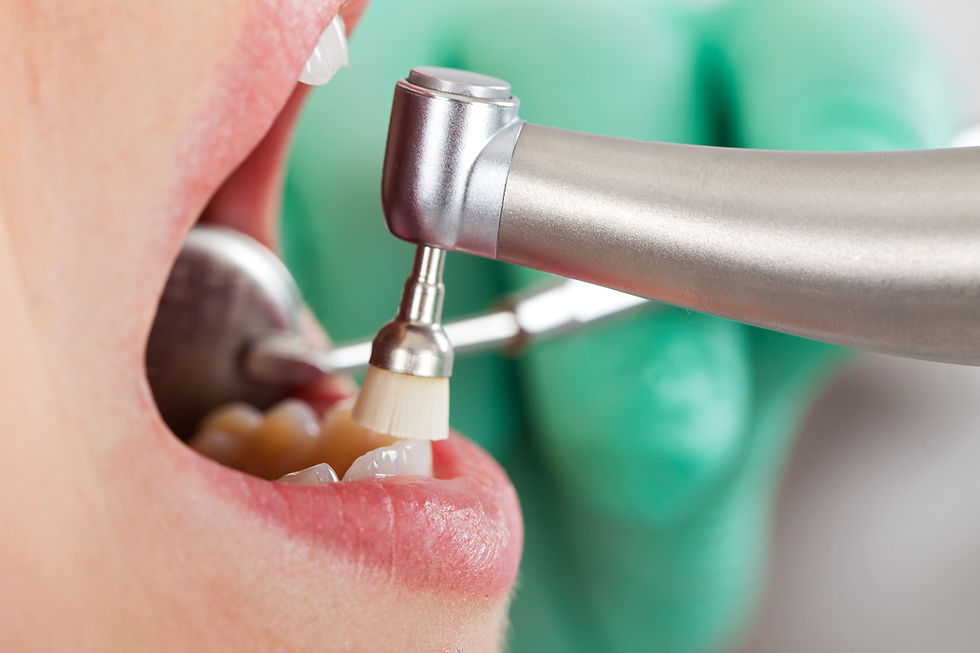Maintaining a dental care routine, typically involving brushing twice daily, using mouthwash, and daily flossing, is crucial for oral health. Yet, these practices may require adjustment as we approach perimenopause.

A 2016 study highlighted a concerning trend: 31% of Singaporeans aged 60 and above are toothless, a rate 20% higher than in other developed countries. While Indians in Singapore boast the highest average number of natural teeth among ethnic groups, they also experience poorer chewing ability with dentures. This data serves as a cautionary tale for Singaporeans entering perimenopause, reminding them of the importance of dental care as they age.
Understanding Menopause and Dental Health
Menopause, with its fluctuating hormone levels, can surprisingly affect oral health. Symptoms like dryness, gum soreness, and burning mouth syndrome are common. Some women may overlook these issues, not realizing their link to menopausal changes.
However, it is important to also note that menopause affects each woman differently. For those who are prone to dental issues, hormonal changes can occasionally lead to problems with daily functions like eating and drinking. Some women who claimed to have "breezed through menopause" might not be aware of the connection between gum disease and menopause.
Dry Mouth and Its Effects
Reduced estrogen levels during menopause can cause dry mouth, leading to decreased saliva production. Saliva is essential for stimulating taste buds and neutralizing acids, so its reduction can alter taste and increase the risk of gingivitis and tooth decay. Strategies like staying hydrated and using saliva-stimulating products, such as Fishermen’s Friend pastilles, can help. Additionally, doctors might recommend tests and supplements to manage dry mouth symptoms.
Burning Mouth Syndrome
This condition, characterized by a burning sensation in the mouth, is also linked to low estrogen levels. Over-the-counter gels and home remedies like baking soda rinses can provide relief. Hormonal therapy might be an option, though further research is needed to confirm its efficacy.
Gum Soreness and Inflammation
Menopausal gingivostomatitis causes tender, swollen, and bleeding gums. This can make eating painful and lead to altered eating habits. Regular dental visits are crucial for prevention and management.
The Impact of Periodontal Diseases
Hormonal changes during menopause can lead to jawbone loss, increasing the risk of tooth sensitivity, shifting teeth, and tooth loss. This bone loss can also contribute to conditions like osteoporosis.
Preventive Measures
Avoiding smoking, limiting sweet and acidic foods, and adhering to a low sugar and salt diet are key preventive measures. Regular dental check-ups are essential. Clinics like NTUChealth Denticare and Q&M offer specialized care for women transitioning into menopause, focusing on maintaining oral wellness.
Important Disclaimer
This article is for informational purposes only and is not a substitute for professional medical advice. Always consult a healthcare professional for personalized guidance.
Resources



